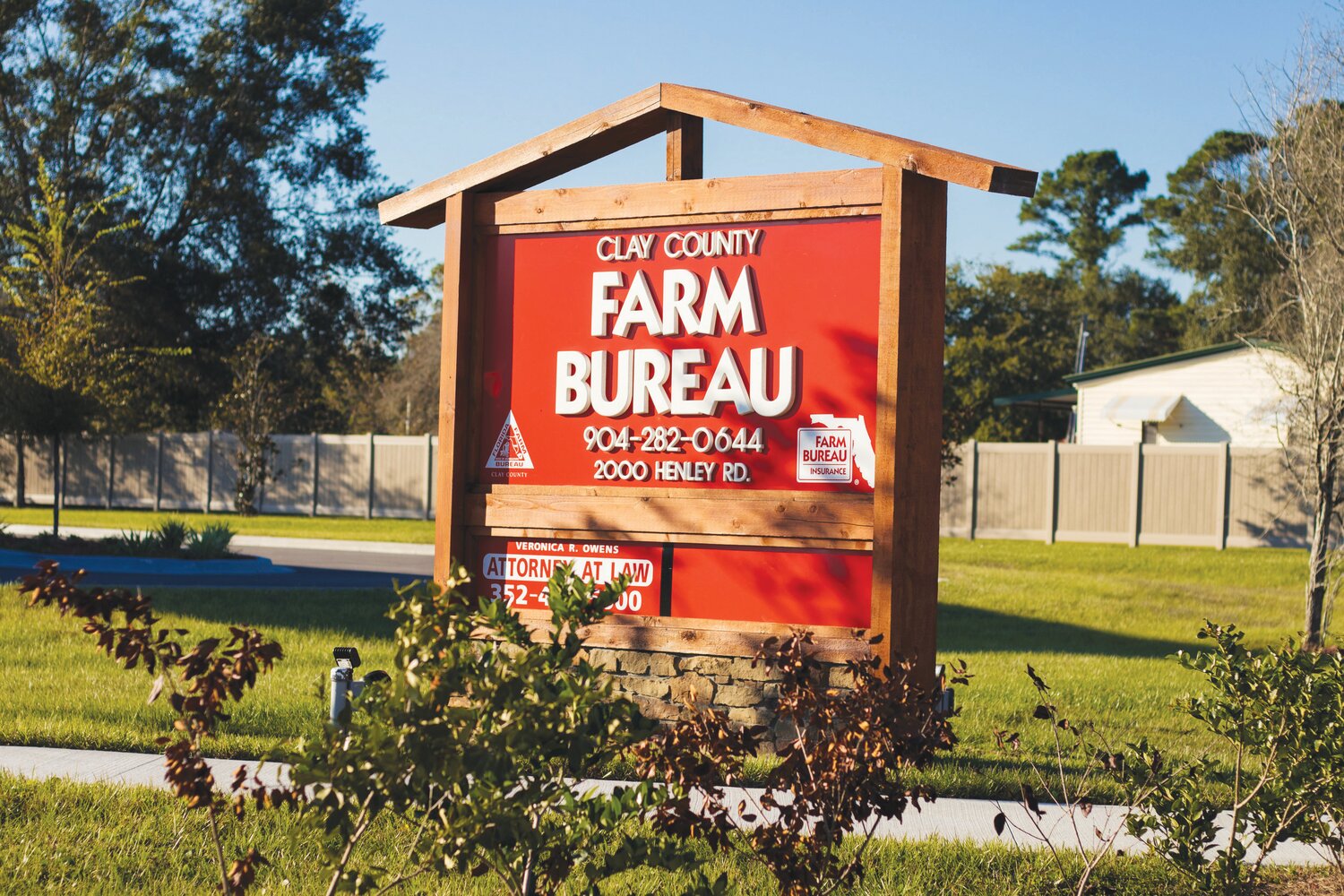Clay County farmers closely monitoring California law
CLAY COUNTY – At issue is the closely divided Supreme Court ruling on California’s Proposition 12, which has the potential to affect producers across the nation.
The Clay County Farm Bureau and its members are looking at the possibility of farmers and ranchers in one state being forced to adhere to another state’s regulatory standards. That would be problematic for farmers and ranchers nationwide and could cause shortages of certain agricultural products in states with excessively restrictive regulations.
Charles Shinn, Florida Farm Bureau’s Director of Government & Community Affairs, shared the following information to give a clearer picture of the issues causing a very unclear future for agriculture producers.
A California ballot initiative passed in 2018, written by the Humane Society of the United States, required pork, veal, eggs, and other items be raised in a certain way to prevent perceived cruelty from being sold in California. That applies even if the livestock is not grown in California.
American Farm Bureau Federation and the National Pork Producers sued California and lost. The U.S. Supreme Court agreed to take the case, and it was argued on Oct. 11, 2022. The 5-4 opinion came on May 11, 2023, in favor of the State of California. The opinion was fractured in reasoning on both sides.
The NPP and AFBF argument was based on the Constitution’s Commerce Clause. States should not be able to regulate commerce between states since Congress holds that power.
The SCOTUS majority found the text of the Constitution does not explicitly say states can’t regulate commerce, so strict interpretation means that a state can regulate interstate commerce.
This has significant implications for state-regulated standards applying in other states where products may be coming from.
There is some Congressional action underway to protect the Constitution’s Commerce Clause, but it is not likely to pass.
As a result of the decision, California is already moving to ban some food ingredients overriding FDA decisions on safety. The “Skittles ban” is an example where red food dye is the target ingredient that the state has decided to ban.
We could see states using this case law to limit the ability of competitive states’ ability to enter local markets.
Processors and buyers will likely tell farmers what they can and cannot do, based on where they want to sell products.
California’s State Veterinarian doesn’t know how to handle this situation; even FFA and 4-H students have to certify prescribed humane animal-raising methods.
How can/will California enforce this nationwide? There are already inspections on California farms, but it is still unclear in other states or countries. Additionally, there is an interesting exception to processed products that are brought into California. Sellers are the liable party for violations and will be immediately in violation when Proposition 12 becomes law on June 30.
Clay County Farm Bureau’s President, Gayward Hendry, said, “I am concerned that this will lead to reducing competition among producers and result in higher prices or lack of availability of some agricultural goods to families in states where excessive restrictions deter inter-state commerce. With the cost of food already putting a strain on most people’s food budget, we are concerned how the effects of California’s Proposition 12 will further affect the ability of our American families to feed themselves.”
Clay County Farm Bureau is an agriculture non-profit is in Middleburg. It strives to educate and advocate for good agricultural practices and policies. If you want to learn more about the organization, please visit WWW.FFBF.org.







